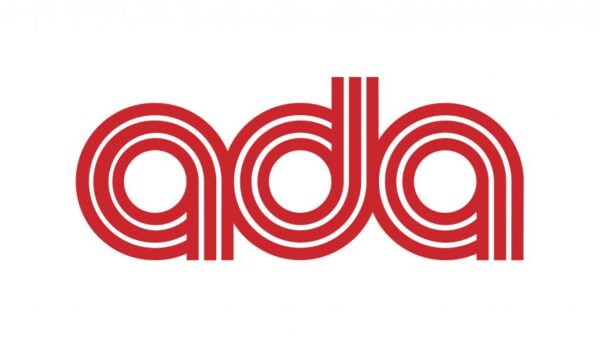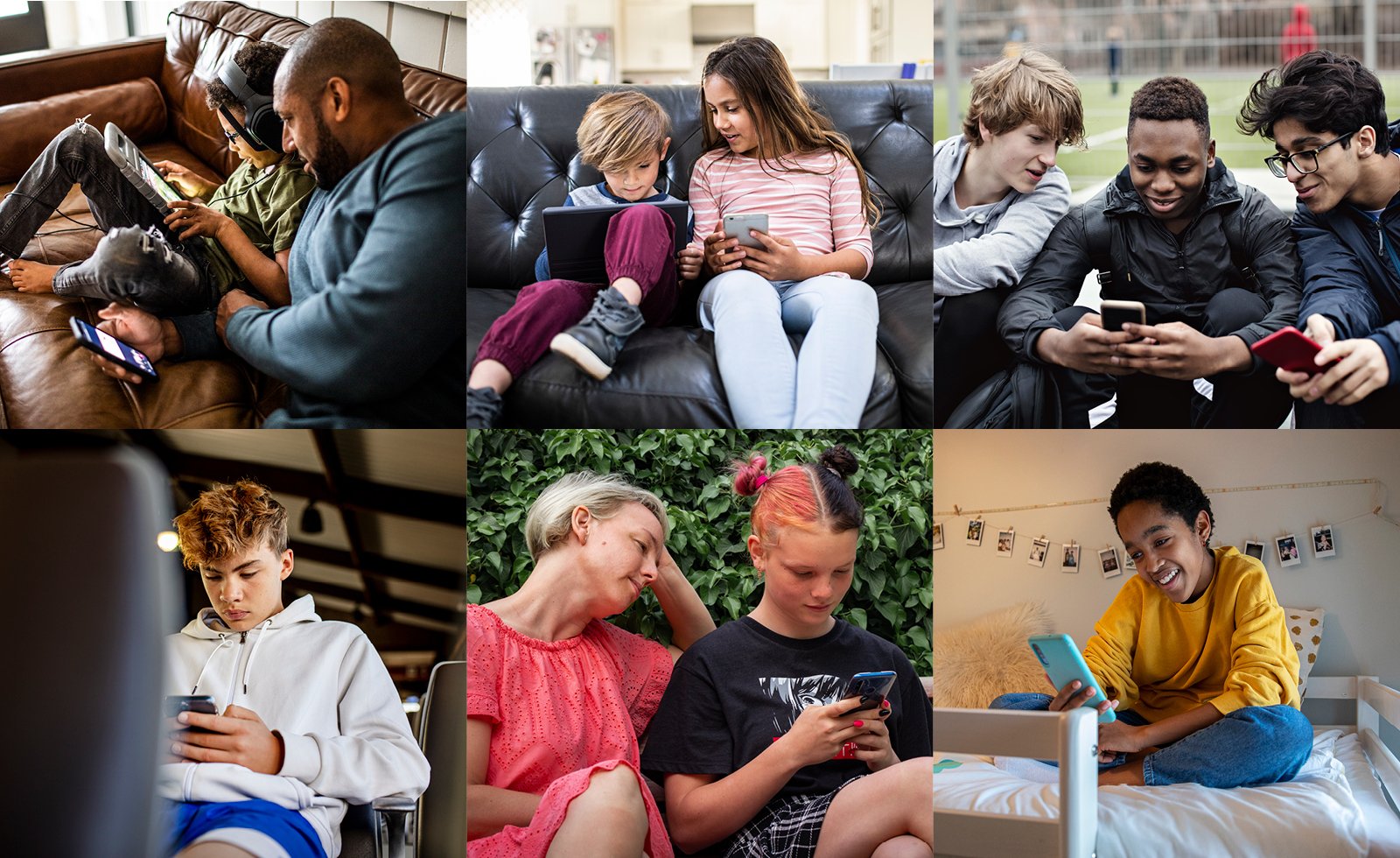The Rise of Social Media
Social media has become an integral part of our daily lives, revolutionizing the way we communicate, connect, and consume information. With platforms like Facebook, Twitter, and Instagram, we now have instant access to news and updates from around the world. However, the impact of social media on news consumption is a double-edged sword, as it brings both benefits and challenges.
Benefits of Social Media for News Consumption
One of the major benefits of social media is its ability to provide real-time news updates. Traditional news outlets often have a delay in reporting breaking news, whereas social media platforms allow users to share and access information instantly. This has made social media a valuable tool for staying informed about current events.
Additionally, social media allows for a more personalized news experience. Users can choose to follow specific news sources or topics of interest, creating a curated feed that aligns with their preferences. This customization has made it easier for individuals to access news that is relevant to them, rather than relying on a one-size-fits-all approach.
Challenges of Social Media for News Consumption
While online media offers numerous benefits, it also presents challenges when it comes to news consumption. One of the main concerns is the spread of misinformation. With the ease of sharing content on social media, false information can quickly go viral, leading to the spread of rumors and inaccurate news. This poses a threat to the credibility of news sources and the overall trust in the information being shared.
Another challenge is the filter bubble effect. Digital media algorithms are designed to show users content that aligns with their interests and beliefs. While this can create a personalized experience, it also means that users may be exposed to a limited range of perspectives. This can lead to echo chambers, where individuals are only exposed to content that reinforces their existing views, hindering critical thinking and fostering polarization.
Navigating the Digital Age
So, how can we navigate the digital age and make the most of social media for news consumption?
1. Verify the Source
Before sharing or believing a news story, take a moment to verify the source. Look for reputable news organizations or fact-checking websites that can provide reliable information. Be cautious of sensational headlines or stories that seem too good to be true.
2. Diversify Your News Sources
Don’t rely on a single news source for all your information. Follow a variety of sources with different perspectives to get a more well-rounded view of the news. This can help you avoid getting trapped in a filter bubble and broaden your understanding of different topics.
3. Practice Media Literacy
Develop critical thinking skills and practice media literacy. Be aware of the biases that may exist in news reporting and question the information presented. Look for evidence, multiple sources, and different viewpoints to form a more informed opinion.
4. Engage in Civil Discourse
Engage in respectful and constructive discussions about the news. Social media can be a platform for meaningful conversations and exchanging ideas. However, it’s important to approach these discussions with an open mind and a willingness to listen to different perspectives.
5. Take Breaks
Lastly, remember to take breaks from digital media and news consumption. Constant exposure to news can be overwhelming and contribute to information overload. Set boundaries and prioritize self-care to maintain a healthy relationship with social media and news.
Conclusion
Digital platforms has undoubtedly transformed the way we consume news. While it offers benefits such as real-time updates and personalized experiences, it also poses challenges like the spread of misinformation and filter bubbles. By being mindful of the source, diversifying news sources, practicing media literacy, engaging in civil discourse, and taking breaks, we can navigate the digital age and make informed decisions about the news we consume.


































